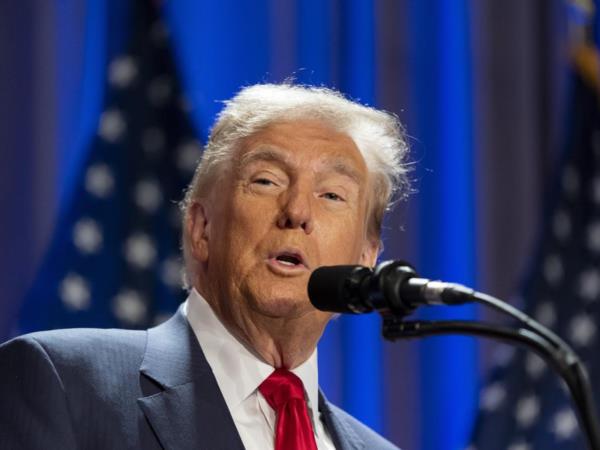
In recent developments, President-elect Trump has taken a bold stance against foreign adversaries, particularly Hamas, issuing strong warnings even before assuming office. Trump's firm message on social media emphasized that if the hostages held by Hamas in the Middle East are not released before January 20, 2025, severe consequences will follow.
The ongoing conflict in the Middle East, which began with a surprise attack by Hamas on Israel in October 2023, has resulted in the kidnapping of over 200 individuals, with 101 hostages, including seven Americans, still in captivity in Gaza. Despite efforts by the White House and Israeli government to secure their release, no deal has been reached.
Trump's approach, characterized by tough rhetoric and warnings of dire repercussions for those responsible for the hostage situation, stands in contrast to President Biden's 'don't' doctrine, which has been criticized as ineffective by conservative security experts. Biden's repeated warnings to Iran and other hostile actors not to attack Israel have been viewed as weak and lacking in real deterrence.



Trump, who campaigned on ending conflicts in Ukraine and Israel, has garnered support from Israeli officials for his strong stance against terrorism and his demand for the release of hostages. As Trump prepares to assume office, his team celebrates his proactive approach in fulfilling campaign promises, with expectations of international peace and progress in negotiations to end conflicts in the region.
Overall, Trump's preemptive actions and tough rhetoric signal a shift in U.S. foreign policy towards a more assertive stance against adversaries, setting the stage for potential changes in diplomatic relations and conflict resolution strategies in the Middle East.







